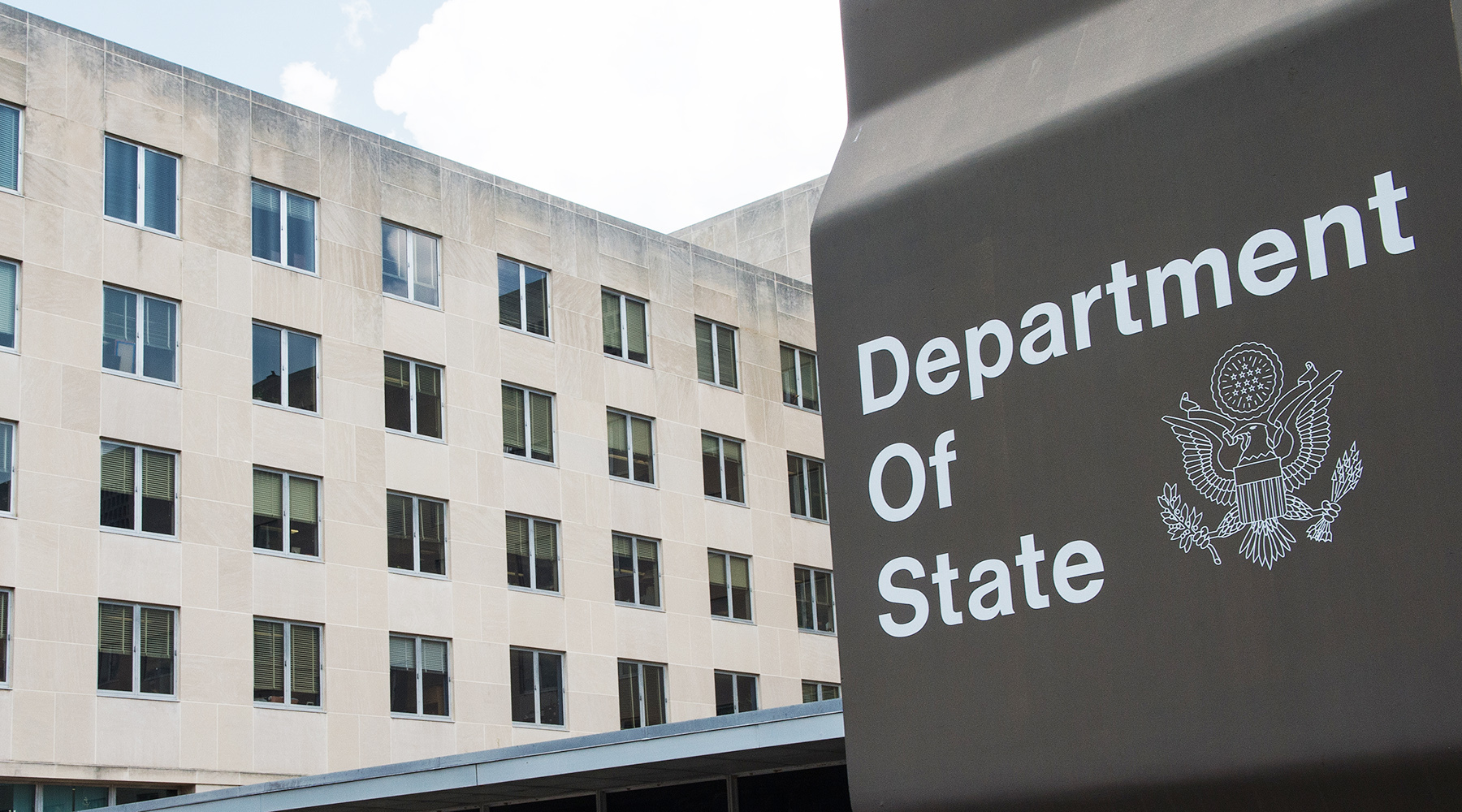The United States plans to prevent the transfer of "secret technologies" to North Korea, China, Russia, Iran, and Syria through university study programs around the world. This is stated in the description of the new project of the US State Department for 2020, the budget of which will be $ 2 million.
"The Office for Cooperation in the Field of Threat Reduction seeks to strengthen the potential of higher education institutions in preventing the transfer of secret technologies to nuclear weapons proliferating states such as the Democratic People’s Republic of Korea, Iran, the People’s Republic of China, Russia and Syria," the text of which was read by RT.
Thus, the State Department plans to consider proposals that will help research and educational institutions to control access to strategically important research and equipment, as well as to facilitate the implementation of a comprehensive verification process for students, professors, researchers and grant recipients in the areas of weapons mass destruction.
Meanwhile, the Russian Ministry of Foreign Affairs has repeatedly emphasized that over the past decade, Moscow has persistently put forward the idea of creating favorable conditions for possible further steps in the field of nuclear disarmament. At the same time, as stated by the head of the foreign affairs agency, Sergey Lavrov, the US counterproductive approach to arms control could destroy the architecture of strategic stability and lead to a new nuclear missile race.
The Department of State’s Threat Management Collaboration Project also states that “universities are often a weak link in global defense against the efforts of proponents of the proliferation of weapons of mass destruction to adopt appropriate technologies.”
In this regard, the United States is interested in projects aimed at assisting educational institutions in reliability testing to identify "alarm signals" associated with the transfer of civil-military technologies and theft of intellectual property.
“Checking the teaching staff, students and research staff for the fact that the objectives of their research are not dictated by the military objectives of foreign countries is necessary to stop the transfer of intangible technologies and prevent the distribution of access to strategically important research, technologies and equipment by the distributing countries,” emphasized in the document of management of the State Department.
- AFP
Of particular importance, as the State Department emphasizes, are open communication channels between universities and state partners, as well as coordination of relevant barriers to take measures to prevent attempts at proliferation.
According to the document, such activities will have a global reach, but research institutes and universities with programs and disciplines traditionally associated with the development of WMD, as well as with areas such as quantum mechanics, astrophysics, and machine learning, are of particular importance in the framework of the project. So, the list of “states of interest” includes India, Indonesia, Malaysia, Taiwan, the UAE and Ukraine.
Non-governmental organizations, NGOs, educational institutions and international organizations will be possible recipients of grants.
“Politicized measures”
The secrecy of such studies should obviously be respected, however, the US Department of State's statements about the need to protect “secret technologies” from Moscow are politicized, said Konstantin Sokolov, an expert on geopolitics and correspondent member of the Russian Academy of Natural Sciences, in a conversation with RT.
“In principle, measures to maintain nuclear secrecy are normal. The question is different: such projects, as always, are politicized. Ideas to protect “secret technologies” from Russia, which itself is a nuclear power, are irrelevant, ”the expert emphasized.
The professor, Doctor of Political Sciences Igor Panarin, in an interview with RT, also noted that the accusations against the countries indicated by the State Department resemble a disinformation operation. At the same time, the “global reach” of the American project demonstrates Washington’s desire to establish its control over educational institutions in other countries.
“In fact, the US State Department continues to try to control not only American universities, but also educational institutions in other countries of the world. Russia has repeatedly advocated for compliance with the requirements of international law related to the fact that no one can impose their decisions on another country, ”he said.
According to the political scientist, with the help of such projects, Washington creates the prerequisites in order to be able to influence these universities in the future.
Recall: in June 2019, Senator Josh Hawley proposed checking the biographical data of students from Russia, China and Iran who intend to join studies in US universities. In his opinion, in this way it will be possible to protect the development of scientists from foreign spies.

